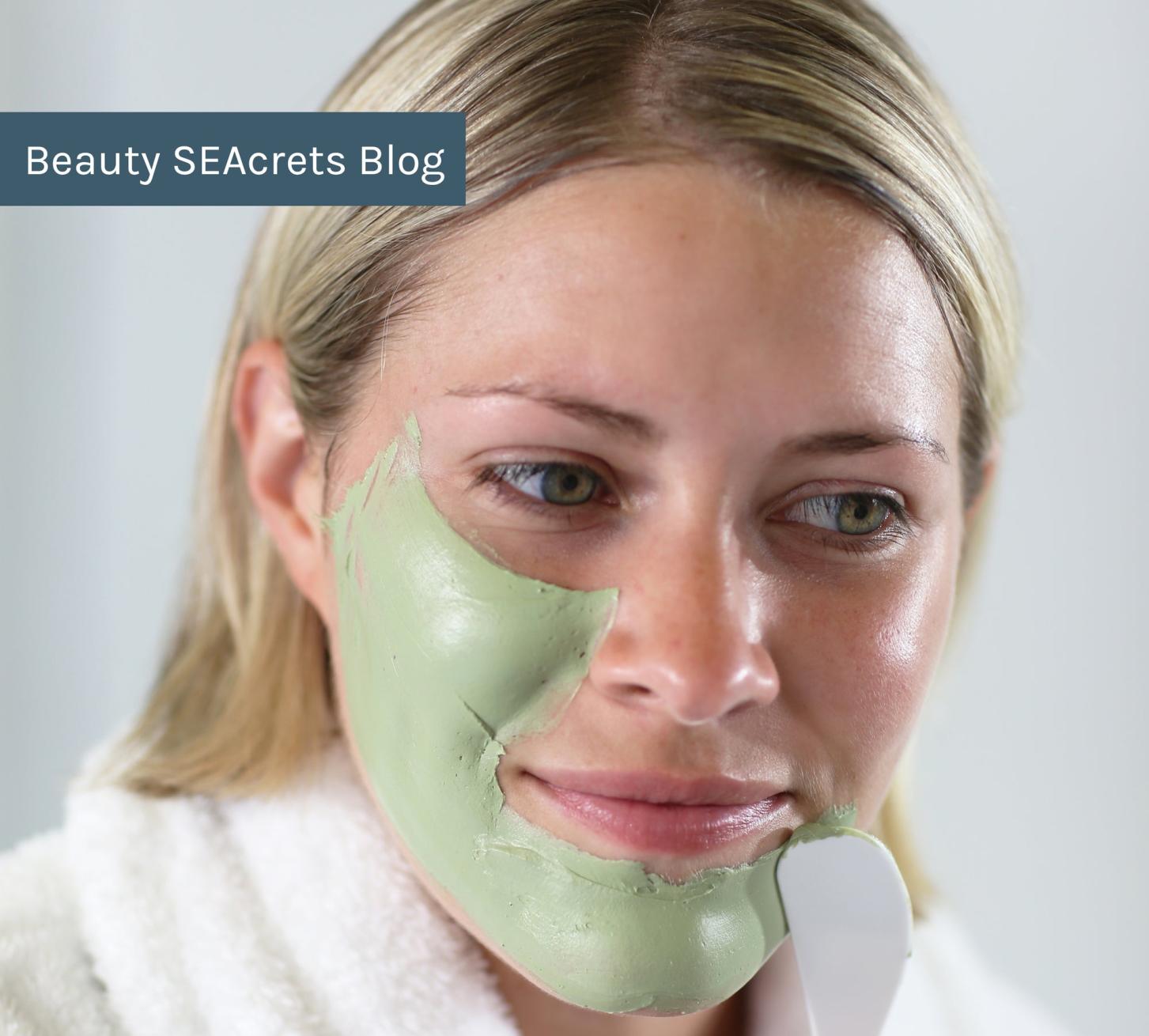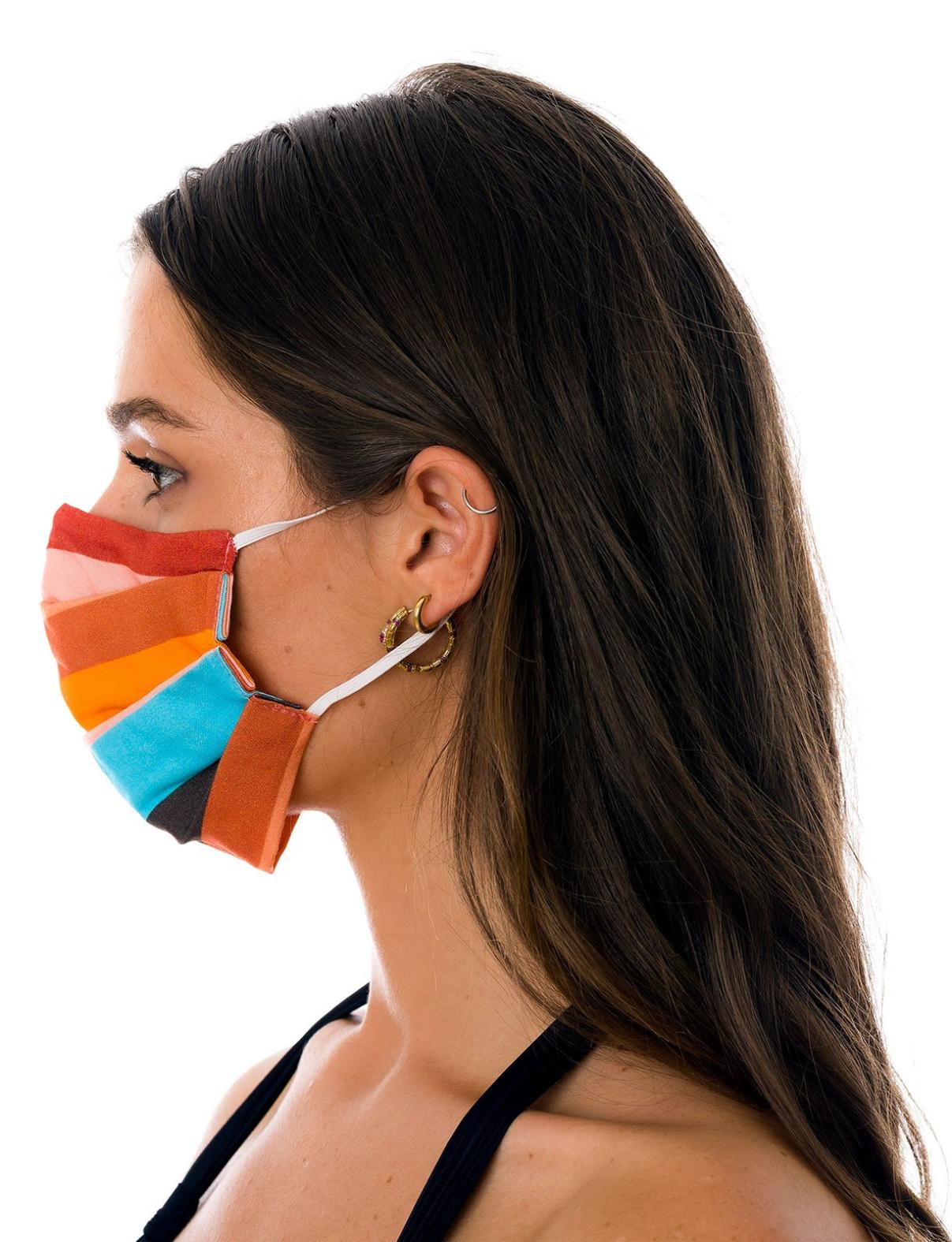What Are the Regulations Regarding Face Masks for Pilots?
As the COVID-19 pandemic continues to impact the aviation industry, regulations regarding face masks for pilots have become increasingly important. This article provides an overview of the regulations governing face mask use for pilots, both in the United States and internationally.

I. Federal Aviation Administration (FAA) Regulations
The Federal Aviation Administration (FAA) has issued several regulations regarding face mask use for pilots. These regulations are found in the Code of Federal Regulations (CFR) and apply to both commercial air carriers and on-demand operations.
14 CFR 12571 (Commercial Air Carriers)
- All flight crew members must wear face masks during all phases of flight, including preflight, takeoff, landing, and taxiing.
- Exceptions may be made for medical reasons or during emergencies, such as smoke or fire.
14 CFR 1393 (On-Demand Operations)
- Similar requirements to 14 CFR 12571, with additional exceptions allowed for short flights (less than 2 hours).
- Pilots may remove face masks during meal service or when communicating with passengers or ground personnel, provided that social distancing is maintained.
II. International Civil Aviation Organization (ICAO) Recommendations
The International Civil Aviation Organization (ICAO) has issued recommendations regarding face mask use for pilots in Annex 6 - Operation of Aircraft. These recommendations are not binding on individual states, but they provide guidance on best practices.
Annex 6 - Operation Of Aircraft
- Recommends that all flight crew members wear face masks during all phases of flight.
- Leaves specific requirements to individual states.
III. Other Considerations
In addition to the regulations and recommendations discussed above, there are several other considerations regarding face masks for pilots.
Medical Conditions
- Pilots with certain medical conditions, such as respiratory or skin conditions, may be exempt from face mask requirements.
- Medical exemptions must be documented and approved by a qualified physician.
Emergencies
- Pilots may remove face masks in emergency situations, such as smoke or fire.
- Pilots should exercise caution when removing face masks in emergency situations and should put them back on as soon as possible.
Enforcement
- The FAA has the authority to enforce face mask regulations.
- Violations can result in fines or other penalties.

Face masks are an important tool in preventing the spread of airborne diseases, including COVID-19. Pilots are required to wear face masks during all phases of flight, with limited exceptions. These regulations are in place to protect the health and safety of pilots and passengers. It is important for pilots to adhere to these regulations and to use face masks properly.
YesNo

Leave a Reply